Susan Musgrave posted on facebook a few days ago, from Haida Gwaii, that Stephen Reid “arrived on the ferry this morning so that we can start the rest of our lives together forever again and I stood by the window, the dutiful wife, wrapped in yellow Crime Scene tape like an old oak tree.” (As it happens, Stephen didn’t go straight home but that’s another story.)
There are various kinds of returning home whether from pilgrimages afar, incarceration for a long time (as in the case of Stephen), or from “cancer camp” and radiation treatments which is my recent experience.
I hope Stephen Reid will be writing about the re-creation of his life at home and on “the outside.” His book of essays, A Crowbar in the Buddhist Garden: Writing from Prison (Thistledown Press, 2012) is a powerful and beautifully written book about his early life and serving time for bank robbery in a Victoria prison.
 In most cases, returning home means some re-entry time. There may be a desire to integrate some new practices into daily life. We’ve been changed by our experiences away.
In most cases, returning home means some re-entry time. There may be a desire to integrate some new practices into daily life. We’ve been changed by our experiences away.
When I returned home from a goddess pilgrimage to Crete for instance, I felt renewed having explored ancient, peace-loving cultures. If people could live peacefully, honouring one another and Mother Earth, I was very hopeful we could do it again.
I travelled with other women on a tour of the Greek island of Crete organized by Carol Christ (she still offers them!) and we met regularly in a circle to tell our own stories. A couple of years later, I left my office job and started offering women’s writing circles in my Toronto living room. Writing was the “wellness practice” that became my life’s work.
In 1998, I travelled to Turkey on another goddess pilgrimage and have been looking for reminders of the place and its people ever since. Part of the Turkish experience was staying at an eco-farm near the town of Kas in southern Turkey. It may have been that quiet time living closer to the land that caused me to plan a move out of Toronto, west to Guelph, which I did in the summer of 1999. (That’s where I met Sarah and we made the move to Vancouver Island together in 2005.)
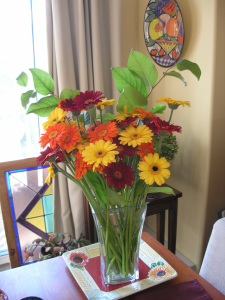 Now that I’m home from five weeks in Victoria, I’m content to be surrounded by the familiar, by my loved ones and my interests: Sarah, our two cats, art , books, memorabilia, lots of colour. I haven’t been producing anything or feeling the need to so I get to enjoy my home as a place of rest and restoration.
Now that I’m home from five weeks in Victoria, I’m content to be surrounded by the familiar, by my loved ones and my interests: Sarah, our two cats, art , books, memorabilia, lots of colour. I haven’t been producing anything or feeling the need to so I get to enjoy my home as a place of rest and restoration.
I appreciate these words of David Whyte’s from his poem “House of Belonging”:
This is the bright home
in which I live,
this is where
I ask
my friends
to come,
this is where I want
to love all the things
it has taken me so long
to learn to love.
The circles I have offered in our living room in the past will continue but not right now. I wonder if Stephen Reid will want to continue with a men’s circle now that he’s home. He said of the group he was part of in prison that the men “grew so tired of being wounded, they went out and wounded something else.”
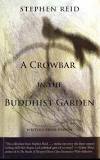 Of writing, Stephen wrote in his essay entitled “The Last Jesus I Know Of”: “I don’t try to capital-W Write. I push me out of the way and write from the first realm of thought. The pages begin to fly, the pencil literally pushing through the paper. I seize on to the memory of a time long buried and withheld from grief. All night black letters pour on to yellow paper and I wrote out those things no child should ever have been made to know.
Of writing, Stephen wrote in his essay entitled “The Last Jesus I Know Of”: “I don’t try to capital-W Write. I push me out of the way and write from the first realm of thought. The pages begin to fly, the pencil literally pushing through the paper. I seize on to the memory of a time long buried and withheld from grief. All night black letters pour on to yellow paper and I wrote out those things no child should ever have been made to know.
“When my head comes up, and I set the pencil down, the sun is climbing over the razor wire. I lie on my bunk and watch the shadows of the bars fall across my body, fragmenting my self. I stare up at the ceiling and, like Rilke, let the past break out in my heart.”
I was pleased to meet Stephen Reid and see Susan Musgrave again at the Cascadia Poetry Festival in Nanaimo in early May. It has been said of Rainer Maria Rilke that he became renowned for his delicate depiction of the workings of the human heart. Those words could be applied to Stephen Reid as well.
Rilke wrote of experiencing the wholeness of ourselves in “Ah, Not to be Cut Off”:
Ah, not be cut off,
not through the slightest partition
shut from the law of the stars.
The inner – what is it?
if not intensified sky,
hurled through with birds and deep
with the winds of homecoming.
New longings may have emerged while away especially the longing for “home” that includes an acknowledgment and acceptance of all parts of ourselves, the grief and the joy. Looking back to my pilgrimages of the nineties I can see what longings emerged and how I made moves to remain connected to myself and to others. Now it’s not that clear. Rilke has advice about that too:
“Be patient toward all that is unsolved in your heart and to try to love the questions themselves like locked rooms and like books that are written in a very foreign tongue. Do not now seek the answers, which cannot be given you because you would not be able to live them. And the point is, to live everything. Live the questions now. Perhaps you will then gradually, without noticing it, live along some distant day into the answer.” (from Letters to a Young Poet translation by M.D. Herter Norton)

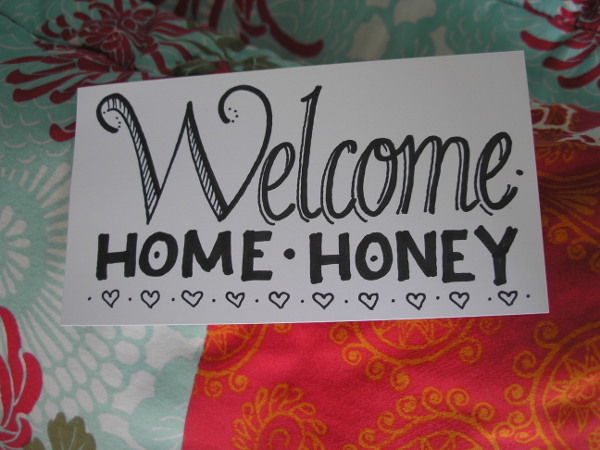
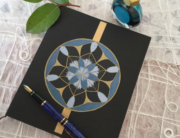
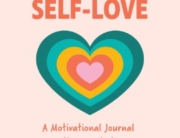
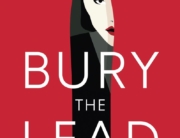
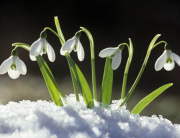
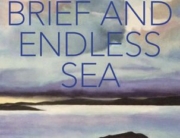
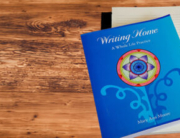
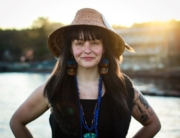
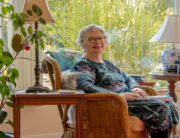
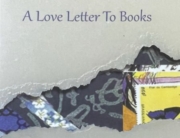
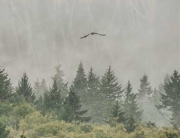
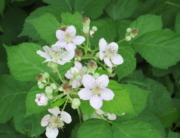
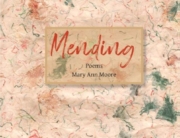
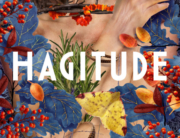
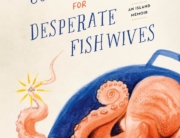
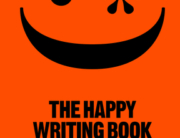
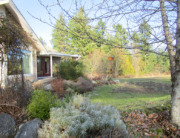
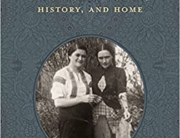
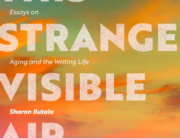
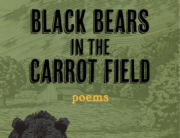
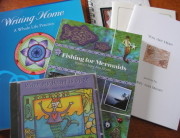
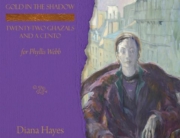
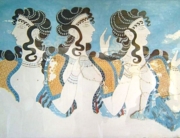
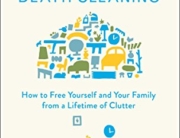
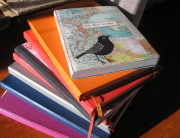
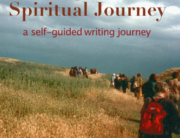
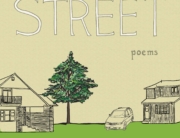
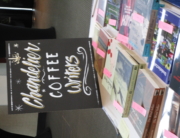
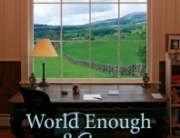

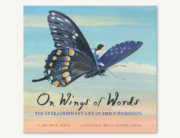
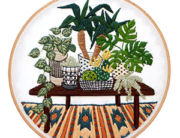
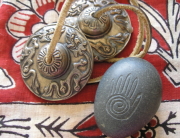
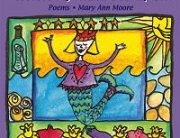
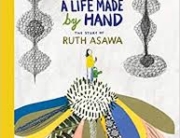
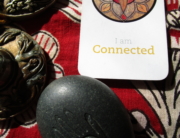
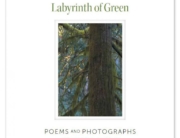
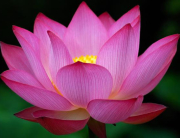
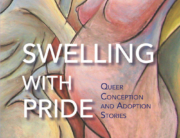
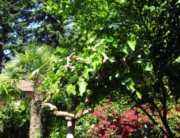
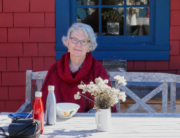
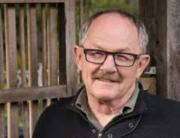
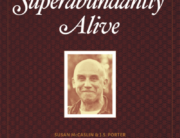
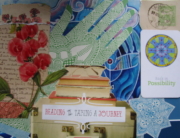
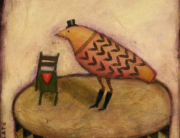
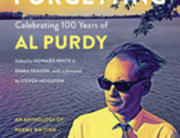
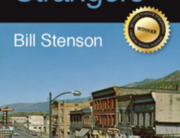
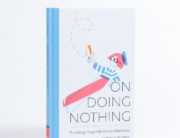
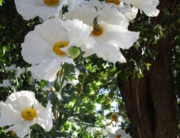
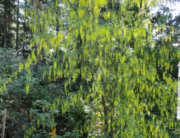
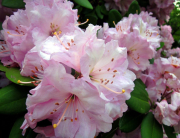
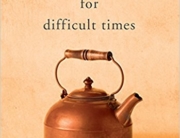
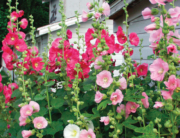
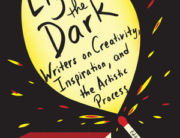
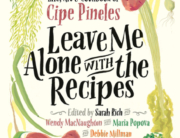
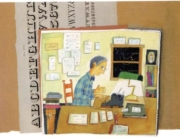
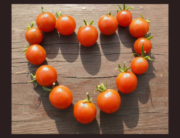
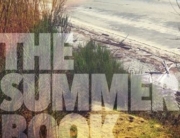
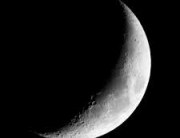
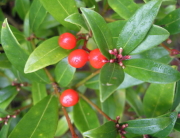
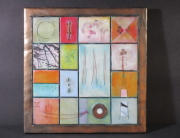
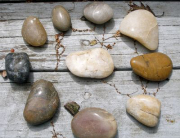
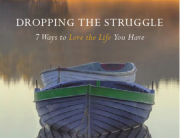
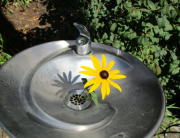
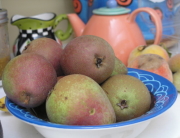
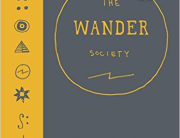
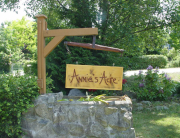
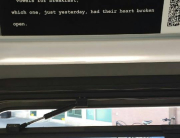
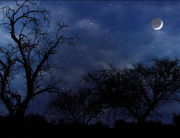
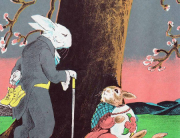
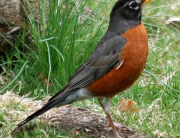
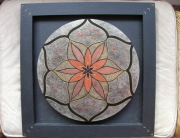
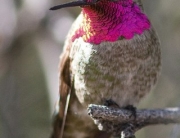
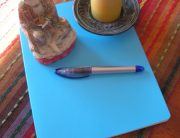
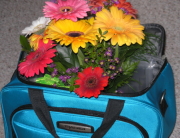
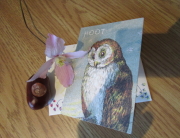
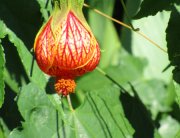
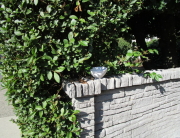
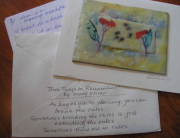
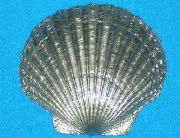
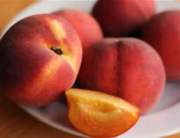
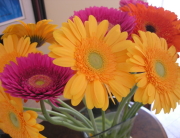
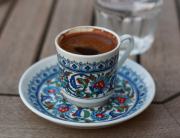
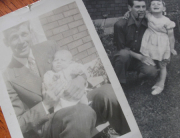
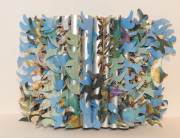

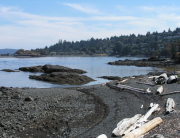
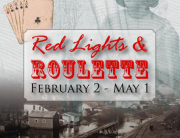
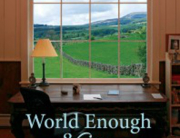
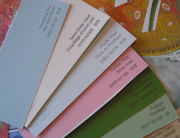
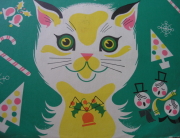
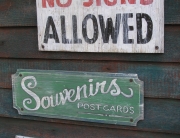
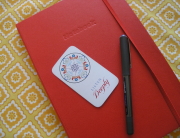
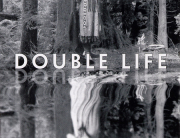
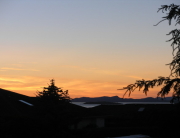
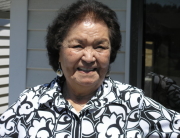
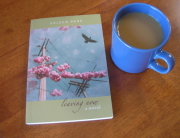
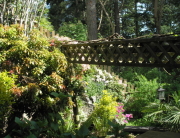
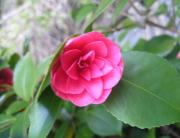
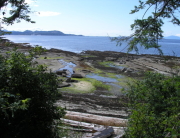
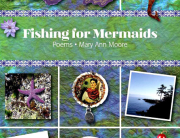
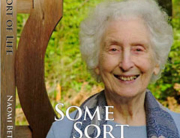
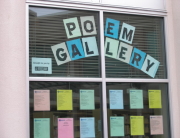
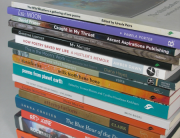
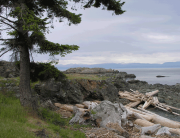
It is lovely to imagine you back home, amidst colour, cats, comfort and love.
And it would scarcely be possible, I think, to return home after treatments and five weeks away – even with weekends back – without being in some way changed, if only slightly (I imagine that someone less introspective could be completely transformed by this experience), but still.
Thank you for sharing this journey with your readers, Mary Ann. I resonate with your perspective as it’s the best sort of stoic realism, I would say! (I heard a stoic interviewed on CBC’s Tapestry and it’s not at all numbing one’s self to a Dr. Spock-like sensibility.)
Enjoy home!
Definitely Stephanie, people are changed by a journey with cancer. My journey isn’t over yet but I feel changes in discerning how I want to spend my time for instance. Some things have become more important, others less so. As for being stoic, I don’t see myself as resigned, long-suffering or dispassionate – as I understand the word. Instead I’ve taken the action needed and found many gifts in making the best of the situation while away from home. I’ve sought out healthy complementary practices and one of them was lots of walking (rather than sitting still with worry as some do). I’m not sure that someone less introspective could be completely transformed. I think they may just want to get back to life as usual.